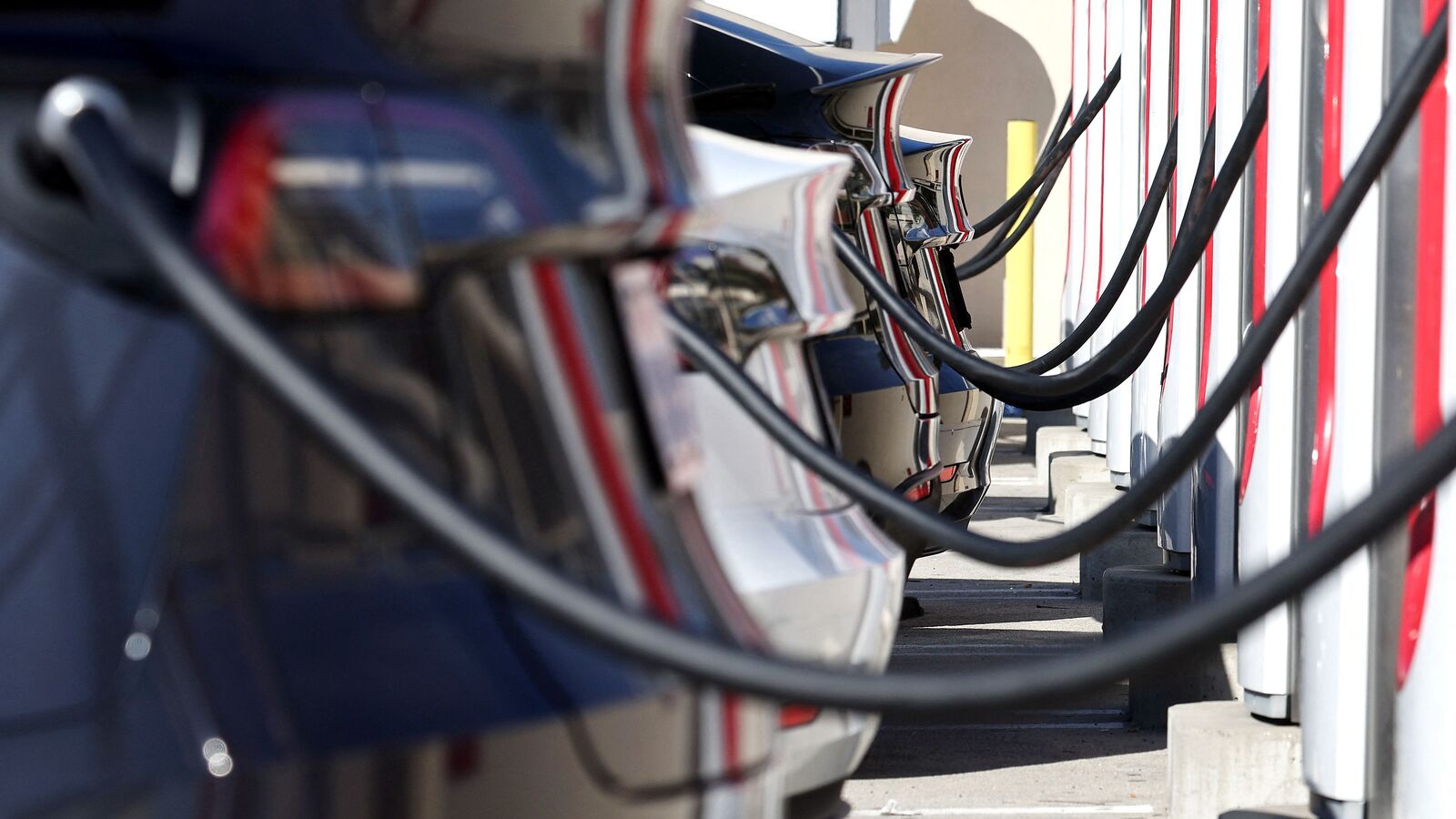This country is set to achieve 100% electric vehicle sales in 2025. Check details
In 2024 the country saw nine out of every ten new cars registered being a battery electric vehicle. While this nation aims to have 100 per cent of new
…

India is still at a nascent stage when it comes to electric mobility and the country aims to achieve 30 per cent EV penetration by 2030. However, countries like Norway prove to be strong examples of possibilities of achieving complete electrification. As per a BBC report, Norway is on track to become the first country in the world with a market that consists solely of electric cars.
According to the report, in Norway, nine out of every ten new car registrations are for battery-powered vehicles. Meanwhile, the country aims to have 100 per cent of new car sales to be electric in 2025.
Also Read : Volkswagen to stop petrol and diesel car sales in Norway from 2024
Norway has come a long way in popularising electric vehicles owing to a confluence of government incentives and developed infrastructure. Among others, the Norwegian Parliament set a national goal to establish 2025 as a zero-emission new car sales (electric or hydrogen) deadline.
As per the Norwegian website ‘Norsk elbilforening’, 27 per cent of the total cars registered in Norway are BEVs, while 88.9 per cent of all new vehicles sold were BEVs. The primary reasons behind the success rate is said to be tax exemptions on electric vehicles, reduced toll fees and heavy investments towards EV charging infrastructure by the government. Interestingly, the country claims to have more than 3,463 public charging stations with 7,753 fast chargers across the nation.
Changing EV landscape in India
In contrast, the Indian EV market is still quite young and holds great hope for the future. As per reports, about 5 percent of total vehicle sales in India from October 2022 to September 2023 were electric. These reports also believe that this will lead to 40 per cent of total new vehicle sales in India being electric by 2030, thanks to a rapid surge in the popularity of electric two-wheelers and electric three-wheelers.
As outlined by McKinsey & Company, various government initiatives such as the FAME scheme have increased electric vehicle adoption in India. However, in addition to quenching consumers’ fears over range anxiety and total cost of ownership, challenges such as a widespread charging network, vehicle safety, and clear servicing facilities need to be addressed so that adoption can take place at a faster pace.
Also Read : GST Council hikes tax on used, old electric vehicle sales by businesses
Norway’s electrification status gives us a clear picture of the importance that policy-centered frameworks and a large investment in infrastructure play to help increase EV adoption. Policies like tax exemption, subsidy, and financial incentives are likely to address one of the primary hindrances to EV adoption, high up front cost, and help make these EVs look affordable.
Besides, initiating a thorough and comprehensive charging network can eliminate barriers to range anxiety and trigger smooth travel options. Further, public awareness initiatives showing the environmental benefits and commercial viability of electric vehicles will create perspective in deciding between other mobility options that might be sustainable. The application of these strategies would eventually become mainstreaming in support of the pursuit of green automobiles in India.
Check out Upcoming EV Cars in India, Upcoming EV Bikes in India.
First Published Date: 13 Jan 2025, 19:58 PM IST
#country #set #achieve #electric #vehicle #sales #Check #details
Source link
